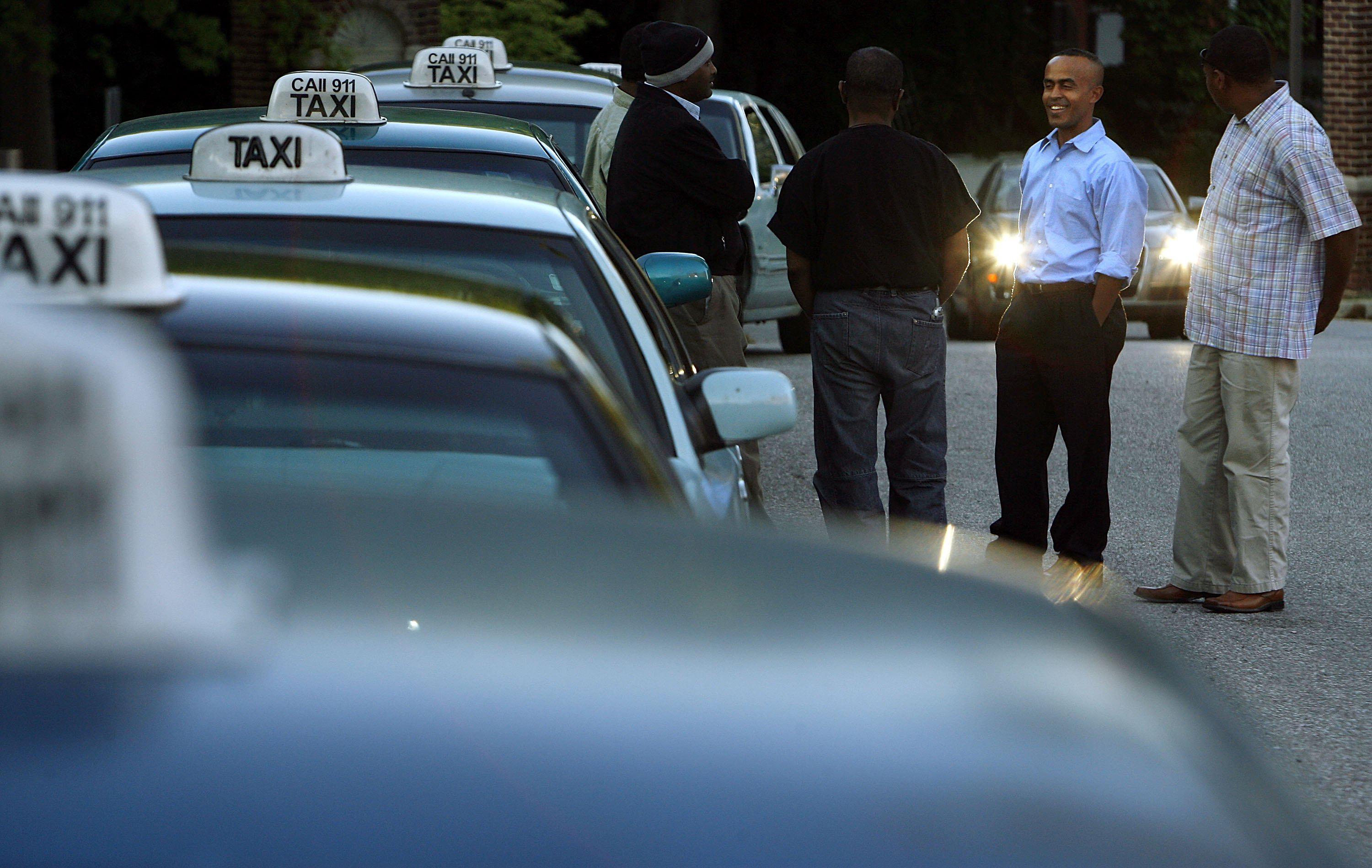Last week, FTC staff submitted comments to the D.C. Taxi Commission responding to proposed taxi rules. These rules would affect innovative new urban transportation companies like Uber, whose app lets you order a car instead of hailing a cab. In a press release, the FTC says that its comments “express concern that some of the subsequent rules proposed by DCTC may unnecessarily impede competition,” especially when it comes to smartphone apps.
This isn’t the first time the FTC has filed comments in a city proceeding about the future of urban transportation—and every time the FTC has filed, it has done so on the side of the future, endorsing more competition and consumer choice. As the FTC is an expert agency enforcing the nation’s antitrust laws, its comments about city taxi rules are important in shaping the national discussion about the future of urban transportation.
Last week’s filing, however, has a fascinating legal wrinkle. The FTC likely has more authority over D.C. matters than it does over the matters in other cities in the nation. As I discussed in a previous Future Tense piece, under existing antitrust laws, the FTC can sue cities that conspire with private companies to stifle competition. In the mid-1980s, it brought enforcement actions against the cities of Minneapolis and New Orleans, for anti-competitive regulations of taxicab services. This government-on-government litigation is complicated, however, because of the relationship between the states and the federal government. States can empower cities to pass anti-competitive laws that would otherwise violate the antitrust laws—including laws limiting competition in urban transport.
Washington, D.C., however, has no state government to empower such anti-competitive decisions. It stands to reason that the usual state-federal legal doctrines applicable to other cities do not apply well to D.C. Rather, no legal obstacle stands in the way of the FTC and its authority to stop anticompetitive acts by the D.C. government.
In its filing, the FTC expressed concern that some of the proposed rules might restrict the ability of these services to compete in the D.C. market. For example, one proposed rule would require digital dispatch services like Uber to obtain prior written approval before making a “substantial change” to their dispatch or payment software. The FTC also questioned whether several of the rules affecting these services were necessary to protect consumers or ensure the “safety of customers and drivers,” a requirement that the Taxi Commission must satisfy when regulating these services.
In response, the Taxi Commission reportedly said it would “carefully study” the comments as it continues work on developing the regulations. It is too soon to tell whether the Taxi Commission will heed the FTC’s warnings and modify the rules to ensure they don’t unduly burden consumer-friendly competition.
But assuming the Taxi Commission refuses to budge—which is not outside the realm of possibility, given the its past behavior—the FTC could intervene, partly because of a wrinkle in the law providing deference to states, and the fact that D.C. is not a state.
Last week’s filing is only one part of a larger story. For decades, the FTC has sought to inject competition in local markets for urban transport. While the FTC could bring a lawsuit against the D.C. Taxi Commission, the legal precedent would not apply perfectly to other American cities, which can seek state laws to protect their authority. Nor is the FTC likely eager to sue city governments. What the FTC really must do at the most basic level is lead a public discussion and persuade others—city officials, state governments, courts, economists, and the general public. With its important recent filings in city after city, the FTC is attempting to do just that.
